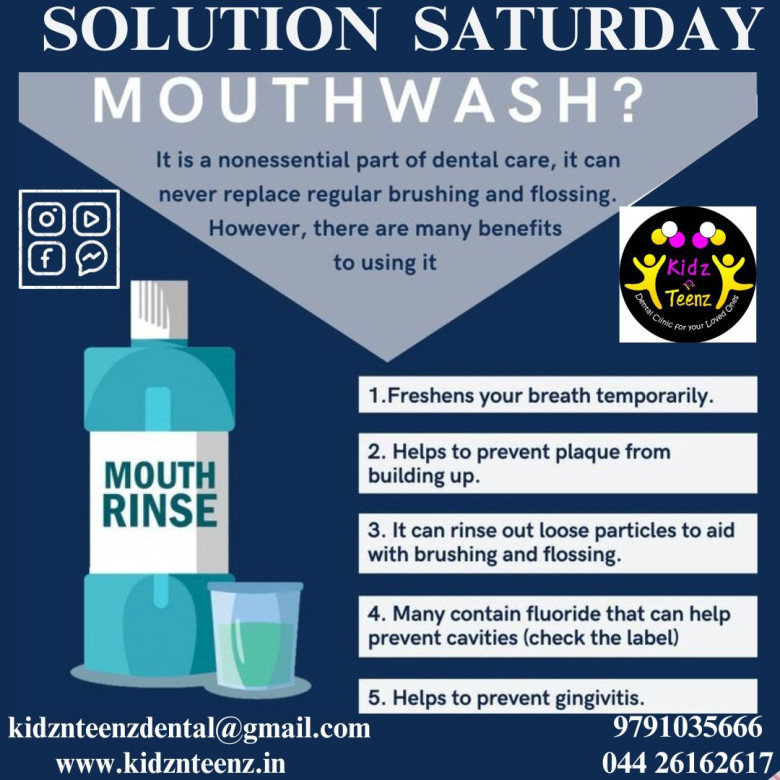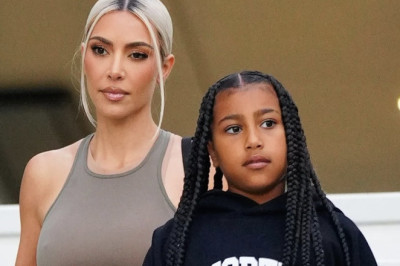views
When we think about dental visits, we often imagine the dentist examining our teeth or performing procedures like fillings or extractions. But there’s another important figure in the dental care team whose role is essential in keeping your mouth healthy — the dental hygienist.
So, what is a dental hygienist, and how are they different from a dentist? Let’s explore their role, responsibilities, and why they’re crucial in maintaining a healthy smile.
Who Is a Dental Hygienist?
A dental hygienist is a licensed oral health professional trained to focus on preventive dental care. While dentists diagnose and treat dental problems, dental hygienists concentrate on cleaning teeth, preventing gum disease, and educating patients on proper oral hygiene practices.
They are typically the first professionals you meet during a dental visit, especially during a routine check-up or cleaning.
Key Responsibilities of a Dental Hygienist
Dental hygienists play a hands-on role in patient care and oral disease prevention. Their daily duties may include:
- Professional Teeth Cleaning (Scaling and Polishing): They remove plaque, tartar, and surface stains that can lead to tooth decay or gum disease.
- Oral Health Assessments: Hygienists examine your mouth for signs of gingivitis, gum disease, or oral abnormalities.
- X-Rays: They may take and develop dental X-rays to assist the dentist in diagnosing deeper issues.
- Fluoride Treatment and Sealants: Applying fluoride varnish and dental sealants to protect against cavities.
- Patient Education: One of their most important roles is educating patients on brushing, flossing techniques, diet, and other habits that impact oral health.
How Are Dental Hygienists Different from Dentists?
While both professionals work in the same environment, their focus areas are different:
|
Dentist |
Dental Hygienist |
|
Diagnoses oral conditions |
Prevents oral conditions |
|
Performs procedures like fillings or root canals |
Performs cleanings, fluoride applications |
|
Prescribes medications |
Educates patients on hygiene and prevention |
|
Requires a dental degree (BDS/DDS) |
Requires a diploma or degree in dental hygiene |
Together, they form a powerful team to support your dental health.
Where Do Dental Hygienists Work?
Dental hygienists usually work in:
- Dental clinics
- Children’s dental centers
- Hospitals
- Public health departments
- Schools (for oral health outreach programs)
Some modern pediatric dental clinics, such as KidznTeenz, have highly trained dental hygienists who specialize in working with children. These professionals understand how to make dental visits stress-free and educational for young patients, encouraging lifelong oral health habits from an early age.
Why Are Dental Hygienists Important?
The importance of dental hygienists goes beyond cleaning your teeth. Here’s how they impact your overall health:
- Prevent Gum Disease: Early removal of plaque and calculus helps prevent gingivitis and periodontitis.
- Spot Oral Issues Early: Hygienists can detect early signs of oral cancer, decay, and infections.
- Promote Long-Term Health: Poor oral hygiene is linked to heart disease, diabetes, and respiratory problems. Preventive care reduces these risks.
- Educate and Empower: They give practical advice tailored to your age, habits, and oral health condition.
Pediatric Focus: Dental Hygienists for Kids
In pediatric dentistry, dental hygienists play a unique role. They help children become comfortable with dental environments, introduce oral hygiene routines in fun ways, and often assist in preventive treatments like fluoride application or sealants.
At KidznTeenz, dental hygienists are trained not only in clinical procedures but also in child psychology, ensuring a positive, gentle experience. Their goal is to build trust, reduce anxiety, and guide children and parents toward healthy habits.
What to Expect During a Visit with a Dental Hygienist
A typical appointment includes:
- Medical History Review – They’ll ask about medications or health issues.
- Visual Examination – To check for inflammation or obvious issues.
- Scaling and Cleaning – Removing plaque, tartar, and polishing teeth.
- X-rays – If needed for further diagnosis.
- Oral Hygiene Counseling – Tips on brushing, flossing, and nutrition.
Visits are generally painless and typically take 30–45 minutes.
Final Thoughts
So, what is a dental hygienist? They are preventive care specialists who play a vital role in keeping your mouth healthy and your smile bright. Their work forms the foundation of good oral health, reducing the need for more invasive treatments down the road.
Whether you’re an adult maintaining oral hygiene or a parent ensuring your child’s dental well-being, regular visits to a dental hygienist — especially at trusted pediatric centers like KidznTeenz — can make a world of difference.
Good oral health begins with prevention, and dental hygienists are your first line of defense.
For more details : https://kidznteenz.in/foods-for-strong-teeth/





















Comments
0 comment